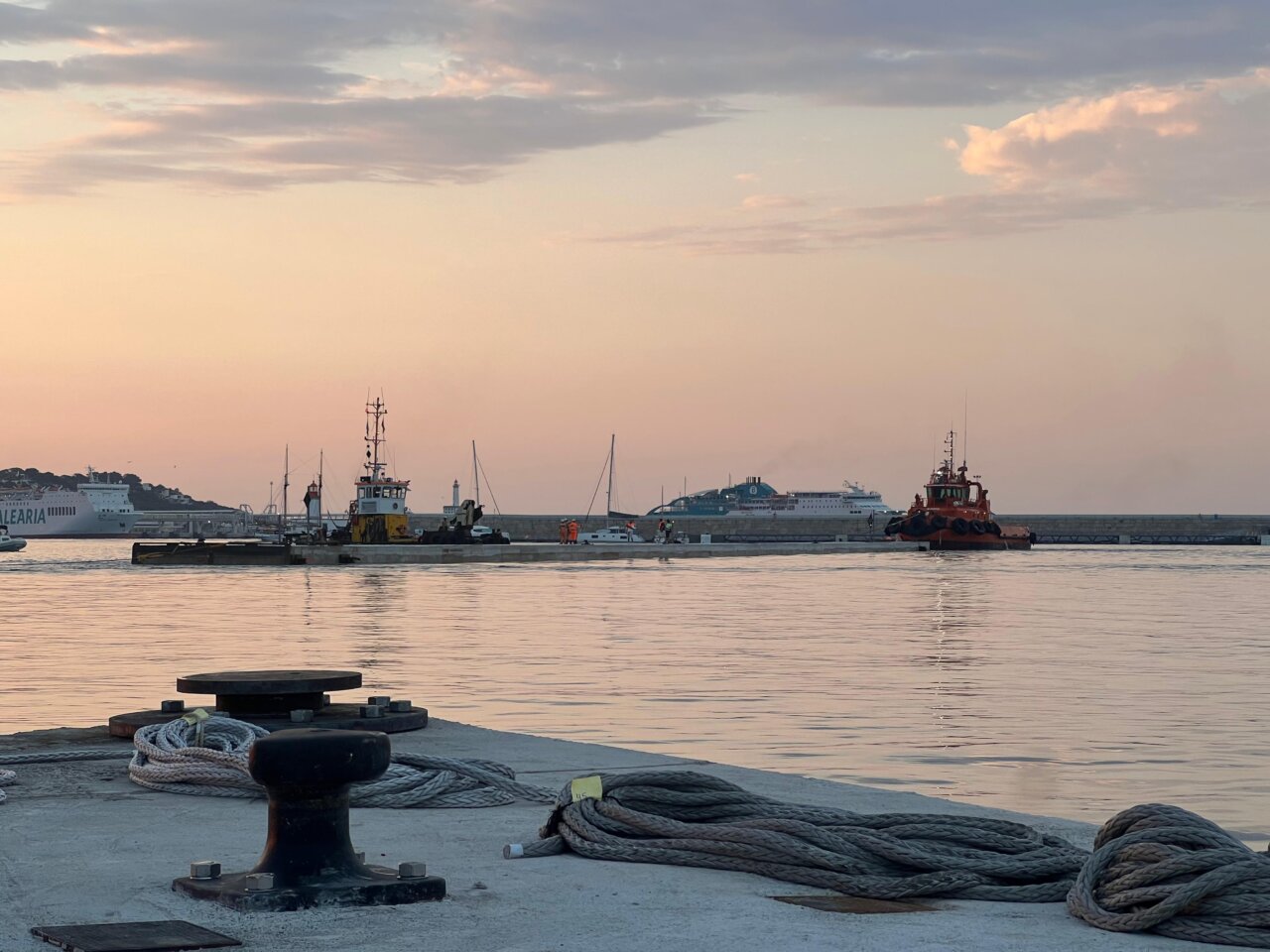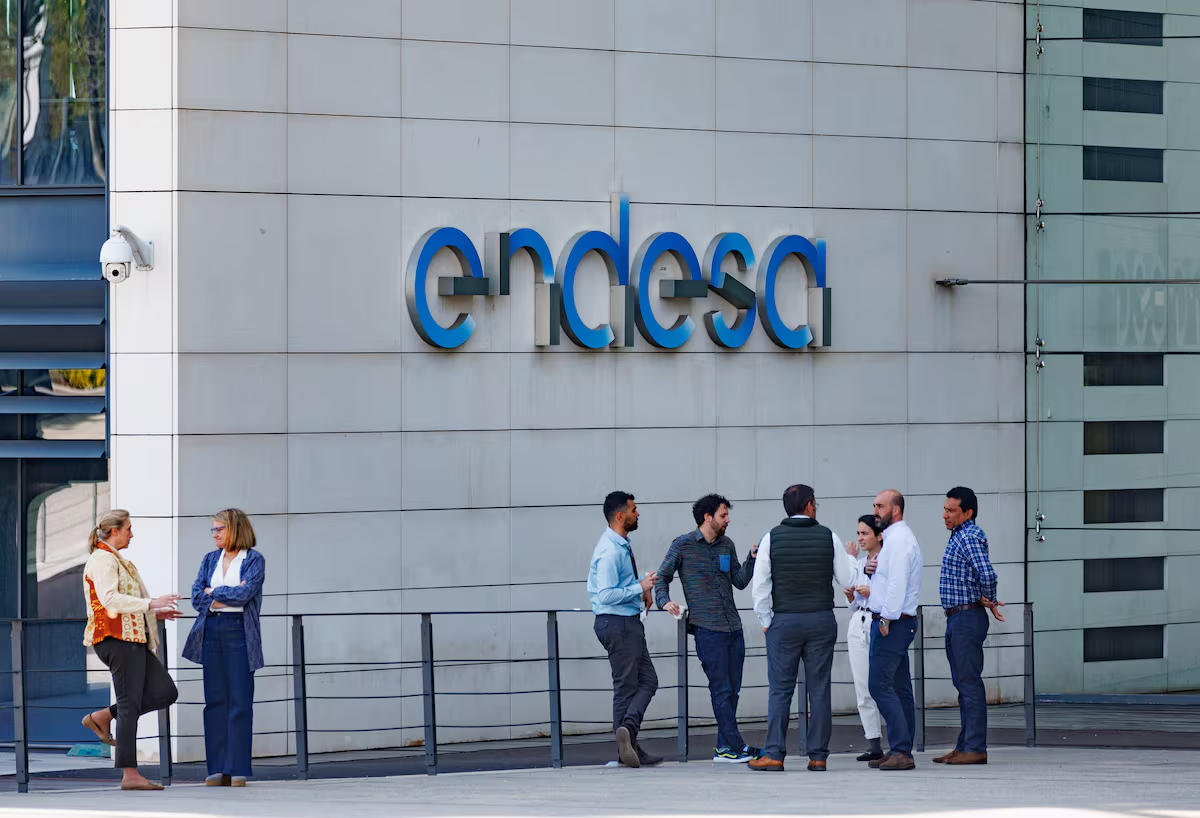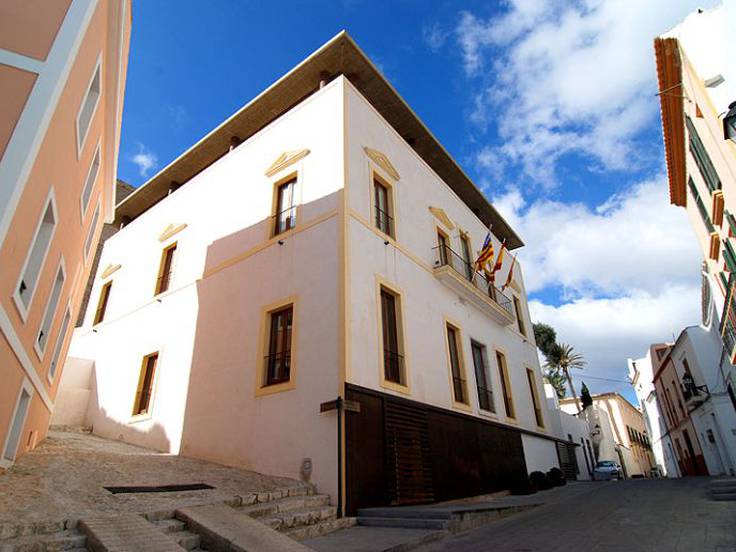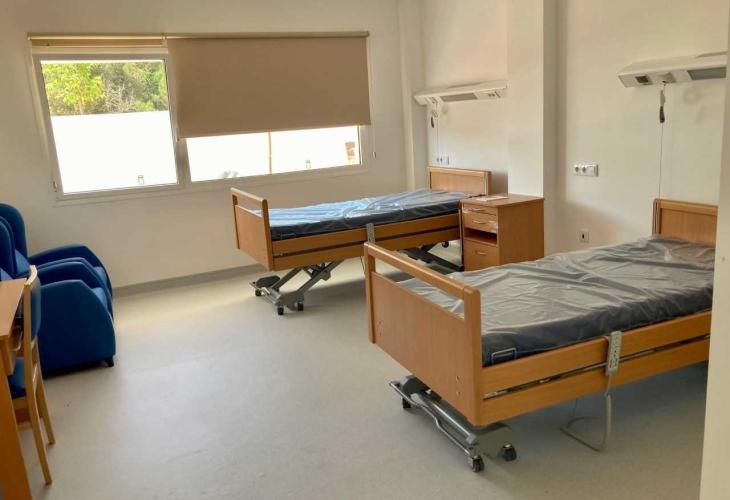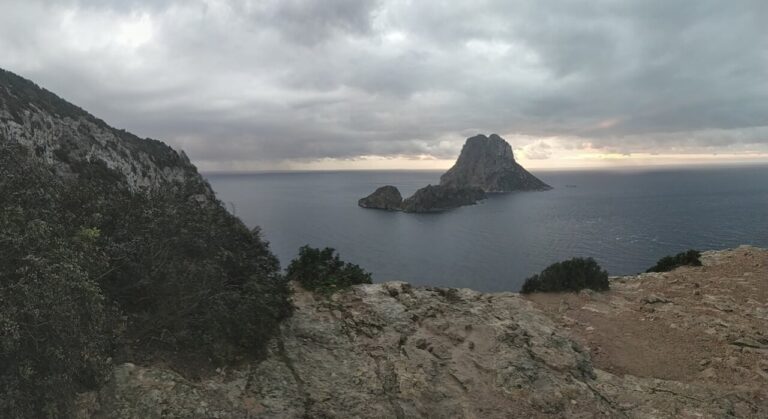The Minister of Transport and Sustainable Mobility, Óscar Puente, has expressed this Monday in Palma his willingness to collaborate with the Balearic Government to promote the railway network of Mallorca and to resume the road agreement, currently pending reactivation.
During his visit, which also included a reference to the projects planned in the port of Ibiza, Puente stressed the importance of continuing to improve the strategic infrastructures of the archipelago. In his tour of the renovation works of the Paseo Marítimo de Palma, he was accompanied by the President of the Govern, Marga Prohens, and the Councilor for Housing, Mobility and Transport, José Luis Mateo.
After the tour, the minister spoke at an event at the headquarters of the Port Authority of the Balearic Islands (APB), where he reiterated his “willingness for dialogue and institutional cooperation” to advance key sustainable mobility projects on the islands.
Commitment to rail mobility
The Transport Minister underlined the “maximum interest” of the central Government in the railway development in Mallorca, considering the train as the “great bet for sustainable mobility“.
“We are waiting for the demand and profitability data that we are requesting and we have agreed to meet soon to address the future of the island’s railway,” said Puente, who recalled that the Executive has already signed protocols with Tenerife and Gran Canaria to implement trains in the Canary archipelago. “Mallorca cannot be left behind“, he remarked.
In relation to the road agreement, Puente assured that “there is no problem to continue advancing” and showed his willingness to dialogue with the Govern to specify the pending projects.
Investments and sustainable transportation
During his visit, the minister highlighted the investments in sustainable mobility made in the Balearic Islands during the more than seven years of Pedro Sánchez‘s presidency, which amount to 160 million euros, “more than twice as much” as in previous terms of office.
He also highlighted the increase in transfers to improve island connectivity, which reached 300 million euros, and the implementation of measures such as free public transport.
Puente pointed out that the Government is working on the new Sustainable Mobility Law, which will be debated next Thursday in Congress, and which will make it possible to advance 65% of the aid planned for 2025, some 41 million euros for the Balearic Islands.
Discounts and air connectivity
The minister recalled that the increase of the discount for residents on flights to 75%, in force since 2018, has led to savings of 1,320 million euros for the citizens of the archipelago. In 2025 alone, subsidies have reached 587 million euros, and airlines will soon receive 350 million to advance these payments.
Puente assured that air connectivity with the peninsula “has improved notably“, with more connections with Malaga, Zaragoza or Alicante, and recalled the improvements in the OSP (public service obligation) routes between Menorca and Madrid, as well as in the inter-island routes.
Maritime transportation and ports
In the maritime field, the minister highlighted that ticket subsidies for residents have tripled since 2018 to €87 million this year, 14% more than the previous fiscal year.
Funding for freight transport by sea has also been increased by 25%, and the Maritime Strategy 2025-2050, approved last June, seeks to make the sector more sustainable and competitive.
In addition, the Ministry will carry out a study on the extra cost of maritime transport in the Balearic Islands to reinforce the dossier that the Government will present to the European Commission, in order to request the exemption from the de minimis rule.
In port matters, Puente highlighted an investment of more than 203 million euros in the state ports of the Balearic Islands, 55% more than in previous legislatures, and announced an additional allocation of 525 million euros until 2029. Of this figure, 335.5 million will go to the ports of Palma, Ibiza, Maó, Alcúdia and La Savina, while the rest will finance port-city integration projects, safety improvements and new infrastructures, such as the new maritime station of Maó, with a budget of 21.1 million euros.

